How to Get Rid of Acne / Pimples?
Evidence Based
All the information in this blog post is accurate, trustworthy, scientifically based and has been written and fact-checked by our experts and doctors.
Our licensed nutritionists and dietitians are committed to being objective, unbiased and honest, presenting all sides of the argument.
This article includes scientific references in brackets, which are clickable links to research papers from reputable academic organizations.

Acne, those pesky little blemishes that seem to pop up at the most inconvenient times, can be a source of frustration for many. Whether you're a teenager experiencing the onslaught of hormonal changes or an adult dealing with stress-induced breakouts, finding effective ways to banish acne is a common goal. In this blog, we'll explore various methods to help you achieve clearer and healthier skin.
What is the Main Cause of Pimples / Acne?
Before getting into solutions to minimise acne, it's essential to understand what causes acne in the first place. Pimples, also known as acne, occur when hair follicles become clogged with oil and dead skin cells. This can lead to the formation of whiteheads, blackheads, papules, pustules, or cysts, depending on the severity of the condition. Acne can be caused by hormonal changes, heredity, stress, food, and skincare products. Let’s see some tips to avoid Acne / Pimples.
Best Tips to Prevent or Minimize Acne / Pimples
Although completely preventing pimples isn't always possible, there are things you can do to minimise their occurrence:
1. Cleanse Regularly
Maintaining clean skin is essential to avoiding accumulating dirt and oil that can block pores. To eliminate pollutants from the skin without leaving it out of its natural oils, use a mild cleanser twice a day.
2. Moisturise
Despite what the general public believes, moisturising is crucial for keeping your skin healthy, even if you have acne. Choose non-comedogenic and oil-free moisturisers to hydrate your skin without worsening outbreaks.
3. Avoid Touching Your Face
Touching your face transfers bacteria, dirt, and oils from your hands to your skin, increasing the risk of breakouts. To prevent this, avoid touching your face throughout the day and avoid picking or popping pimples, as this can lead to inflammation and cause scars.
[ Read: How Anti-Inflammatory Properties of Coffee Helps for Healthy Skin? ]
4. Use Non-Comedogenic Products
Non-comedogenic skincare and makeup products are specifically formulated to avoid clogging pores, making them ideal for acne-prone skin. Look for products labelled as non-comedogenic to minimise the risk of pore blockage and breakouts.
5. Practice Stress Management
Stress can trigger hormonal fluctuations that lead to acne outbreaks. Include stress-reduction methods in your routine, such as yoga, meditation, or deep breathing exercises, to help prevent breakouts.
6. Follow a Balanced Diet
A balanced diet rich in fruits, vegetables, whole grains, and lean proteins provides essential nutrients for healthy skin. Limiting intake of sugary and greasy foods can help reduce inflammation and minimise acne breakouts.
7. Stay Hydrated
Drinking an adequate amount of water is crucial for maintaining skin hydration and promoting overall skin health. Aim to drink at least 8 glasses of water per day to keep your skin hydrated and flush out toxins.
8. Get Enough Sleep
Quality sleep is essential for skin regeneration and repair. Aim for 7-9 hours of sleep each night to allow your skin to rejuvenate, which can help reduce the appearance of acne and promote clearer skin.
9. Exercise Regularly
Regular exercise improves blood circulation, reduces stress, and promotes overall well-being, all of which can benefit skin health. Incorporate activities like brisk walking, jogging, or yoga into your routine to help maintain clear, healthy skin.
10. Protect Your Skin
Sun exposure can worsen acne and cause inflammation, so it's essential to wear sunscreen daily. Choose a broad-spectrum sunscreen with an SPF of 30 or higher and apply it generously to all exposed skin.
11. Avoid Smoking and Excessive Alcohol Consumption
It can impair skin health and cause acne. Quitting smoking and moderating alcohol intake can help improve overall skin condition and reduce the risk of breakouts.
12. Cleanse After Exercise
Sweat and oil buildup on the skin during exercise can clog pores and contribute to acne breakouts. Shower or cleanse your skin promptly after exercising to remove sweat and impurities and prevent breakouts.
13. Change Pillow Cases Regularly
Pillowcases can accumulate dirt, bacteria, and oils over time, which can transfer to your skin and exacerbate acne. Change your pillowcases at least once a week to maintain a clean sleeping surface and reduce the risk of breakouts.
If you have taken prevention steps but still have acne, then some home remedies can help minimize it. However, it's important to keep in mind that these remedies may vary in their effectiveness from person to person. Some people may be sensitive to certain remedies, while others may not. We always recommend doing a patch test before trying any new remedies.
Best Home Remedies to Get Rid of Acne / Pimples
Here are some home remedies that help you to prevent your acne, let’s see.
1. Tea Tree Oil
Tea tree oil is well-known for its antibacterial and anti-inflammatory properties, making it an excellent remedy for acne. Dilute tea tree oil with a carrier oil, such as coconut oil or jojoba oil, and apply it directly to the affected areas using a cotton swab. Leave it on overnight and rinse off in the morning. (Reference)
2. Aloe Vera
Aloe vera gel is renowned for its soothing and healing properties, making it a popular choice for treating acne. Apply pure aloe vera gel to the affected areas and leave it on for 10-15 minutes before rinsing off with water. Repeat this process twice daily for best results.
A Study says that applying aloe vera gel or combining it with tea tree oil helps to reduce acne.
3. Green Tea
Green tea is rich in antioxidants and anti-inflammatory compounds that can help reduce acne and soothe irritated skin. Make a cup of green tea and allow it to cool, then apply it to your face using a cotton ball or spray bottle. Leave it on for 10-15 minutes before rinsing off with water.
A 2017 study found a 79-89% reduction in whiteheads and blackheads after using a polyphenol green tea extract for 8 weeks, although current evidence is limited.
4. Apple Cider Vinegar
Apple cider vinegar contains organic acids that can help exfoliate the skin and unclog pores, making it an effective acne treatment. Mix equal parts apple cider vinegar and water, then apply the solution to your face using a cotton ball. Leave it on for a few minutes before rinsing off with water. Be sure to dilute apple cider vinegar as it can be harsh on the skin if undiluted.
5. Turmeric
Turmeric contains curcumin, a compound with anti-inflammatory and antimicrobial properties that can help reduce acne and prevent future breakouts. Mix turmeric powder with honey or yogurt to create a paste, then apply it to the affected areas and leave it on for 10-15 minutes before rinsing off with water. (Reference)
6. Honey
Honey is another natural ingredient with antibacterial and anti-inflammatory properties that can help reduce acne. Apply a thin layer of raw honey to your face and leave it on for about 15-20 minutes before rinsing off with warm water. You can also mix honey with cinnamon to create a mask for added benefits. (Reference)
7. Ice
Applying ice to inflamed acne spots can help reduce swelling and redness, providing instant relief. Wrap an ice cube in a clean cloth and gently press it against the affected areas for a few minutes at a time.
Even if you tried different home remedies that didn’t work out for you, then here are some treatments that might reduce your acne.
Best Treatment Options to Minimize Acne / Pimples
Let's have a look at this treatment option to minimize the acne. They are -
1. Over-the-counter Topical Treatments
Many over-the-counter acne treatments contain ingredients like benzoyl peroxide, salicylic acid, or sulfur, which can help reduce inflammation and unclog pores. Apply these treatments directly to affected areas according to the product instructions.
If you've exhausted all home remedies in your quest to minimize acne without seeing noticeable results, consider giving our ForMen Anti-Acne Gel a try. Backed by the satisfaction of thousands of clients who have experienced significant improvements in a short period, our gel is formulated by doctors and is free from parabens and sulfates. This acne gel is for both men and women, take a step towards clearer skin with our anti-acne gel.
2. Prescription Drugs
Prescription drugs such as oral antibiotics, oral contraceptives, or topical retinoids may be required for more severe cases of acne. For better guidance consult a dermatologist for you unique needs.
3. Advanced Treatments
By removing dead skin cells, decreasing oil production, and eliminating acne-causing bacteria, in-office procedures like chemical peels, microdermabrasion, or laser therapy can help improve the appearance of skin that is prone to acne.
4. Lifestyle Changes
Making changes to your diet and lifestyle can also have a significant impact on the health of your skin. Avoiding greasy and sugary foods, staying hydrated, getting enough sleep, and exercising regularly can help you achieve clearer skin.
Bottom Line:
Dealing with pimples can be frustrating, but with the right approach, it's possible to achieve clearer, healthier skin. By following a consistent skincare routine, making lifestyle changes can help to minimize acne. Remember, everyone's skin is unique, so it may take some trial and error to find the methods that work best for you. Stay patient and persistent with ForMen Anti-acne gel, and you'll be on your way to smoother, blemish-free skin in no time.
Also Read the Articles:
- How to Use Tea Tree Oil for Acne Scars?
- Vitamin C Serum Benefits for Face and Skin
- Top 7 Amazing Benefits of Aloe Vera for Skin
| *** This Article is Written by Swetha Ramala. |
Disclaimer: The information provided on this page is not a substitute for professional medical advice, diagnosis, or treatment. If you have any questions or concerns about your health, please talk to a healthcare professional.

 Evidence Based
Evidence Based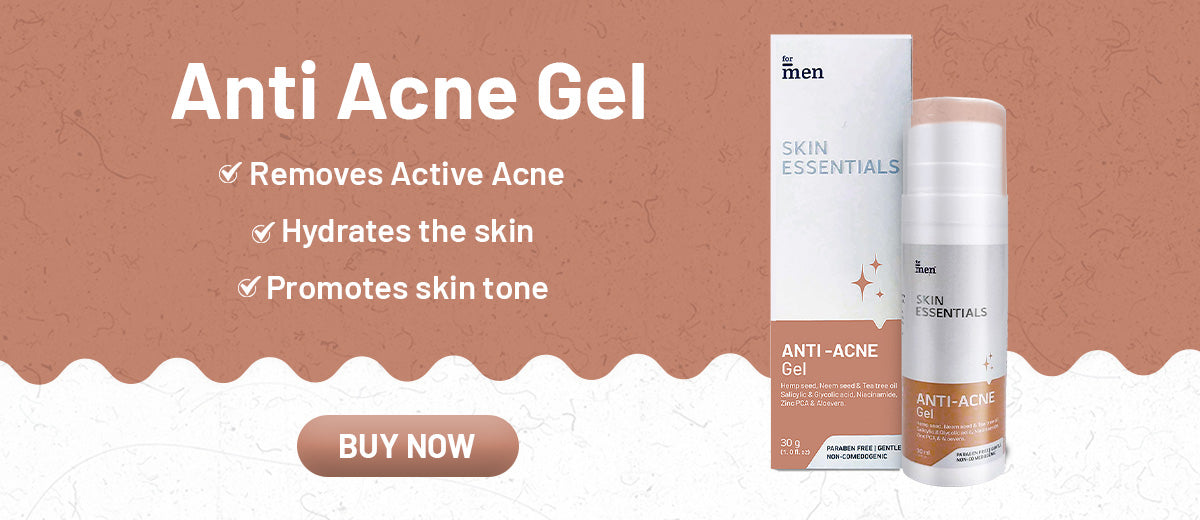
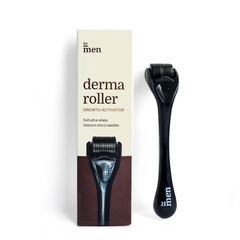
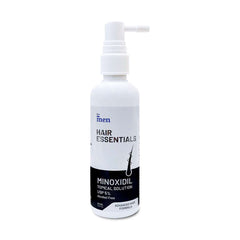


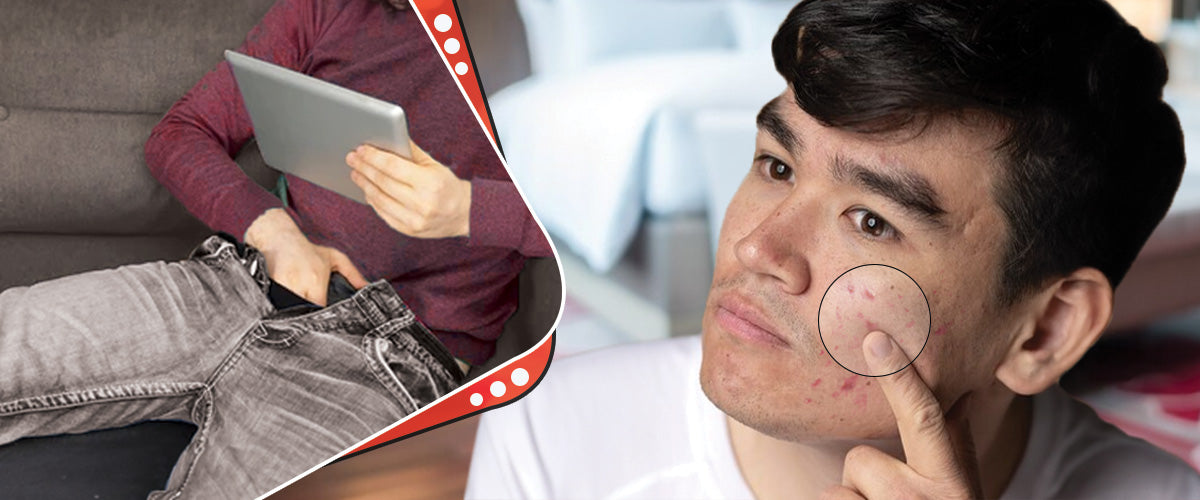
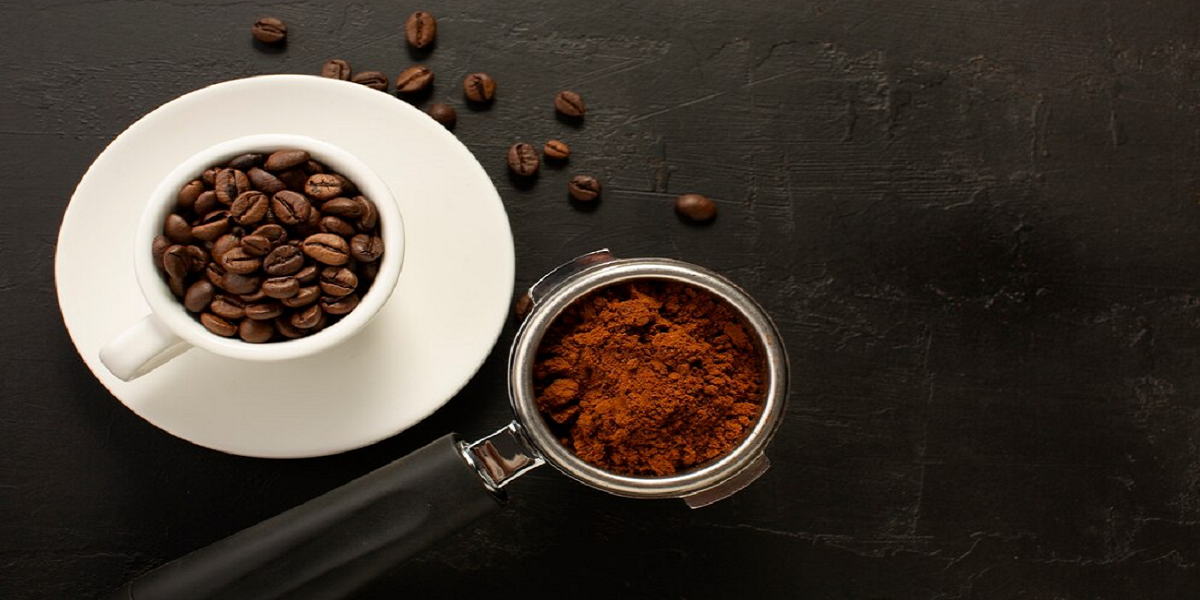

Leave a comment